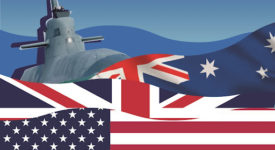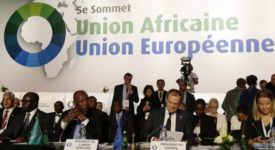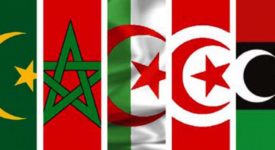The European Commission is to give Afghanistan more financial aid to promote the country’s development process. The new batch of finding that worth €1.4 billion will provide vital assistance to boost social stability, rural development, agriculture, growth, democracy, and health. The Multiannual Indicative Program, which is the official name of the EU-Afghanistan development agenda, will be distributed between 2014 and 2020. The program was signed by EU Commissioner for Development, Andris Piebalgs, and Afghanistan’s National Economic Adviser to President, Ghani Hazrat Omar Zakhilwal, on the sidelines of the annual meeting of the World Bank and the International Monetary Fund in Washington.
The newly adopted funding program for Afghanistan is the largest under the Development Cooperation Instrument (DCI). This exceptionally generous package of financial assistance aims to help Kabul face difficult challenges that the country must deal with. Afghanistan has to deal with a dire security situation, while the country also remains one of the poorest in the world – about 80 percent of its population lives off the land. Both seasonal and chronic unemployment are prevalent and increasing.
The European Union intends to support Afghanistan during its “Transformation Decade” as it promised to do at the Tokyo Conference on Afghanistan that took place two years ago. The majority of €1.4 billion will be channelled via the Law and Order Trust Fund (LOFTA) managed by the United Nations Development Program and by the Afghanistan Reconstruction Trust Fund (ARTF) run by the World Bank. The EU money will be used to develop vital economic and employment sectors including agriculture and rural development, the social sector, legal security for citizens, improve professionalization of the police corps, the application of the rule of law, to enhance the accountability of the state to its citizens, democratization, as well as to improve the functioning of the parliament, media, and civil society.







